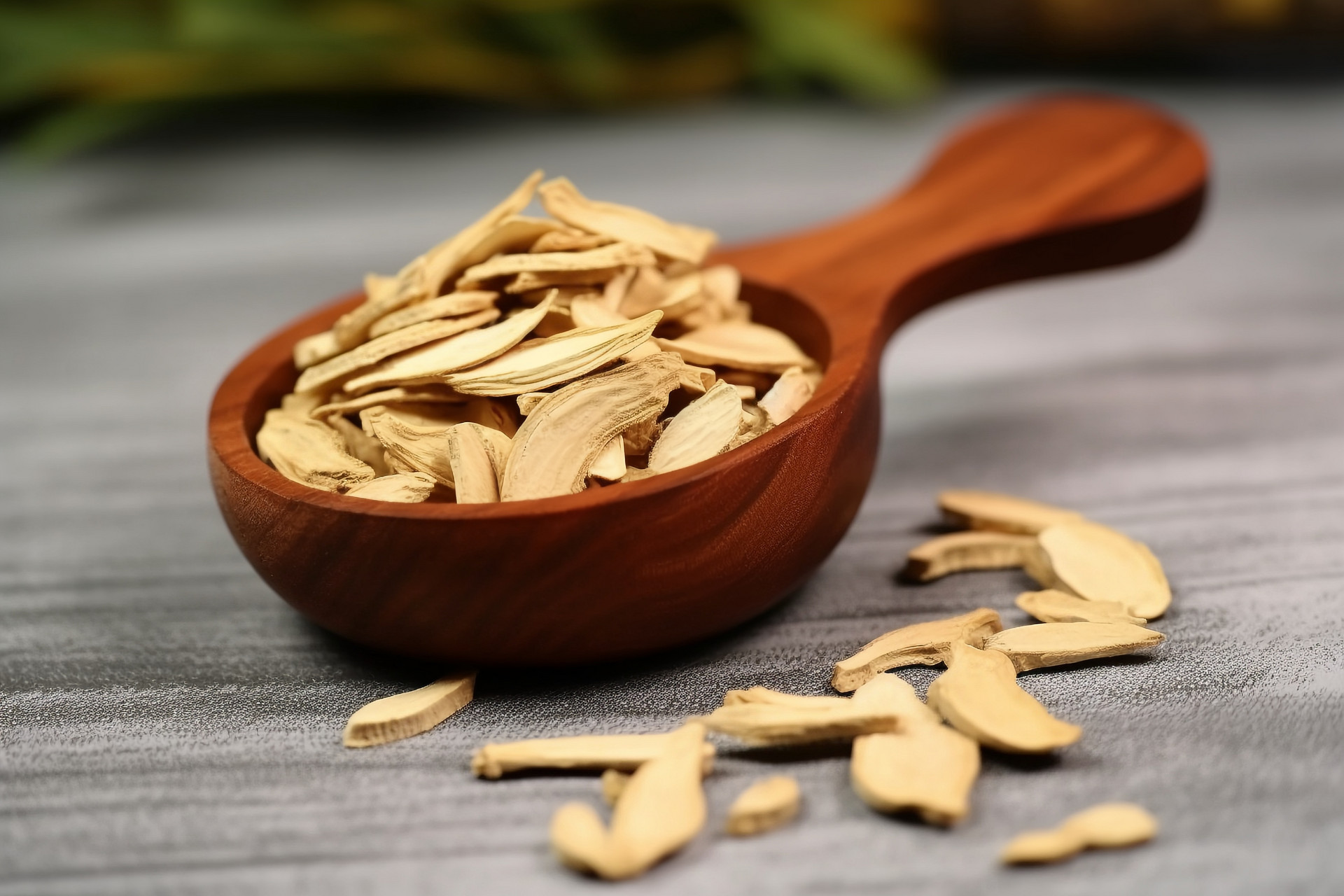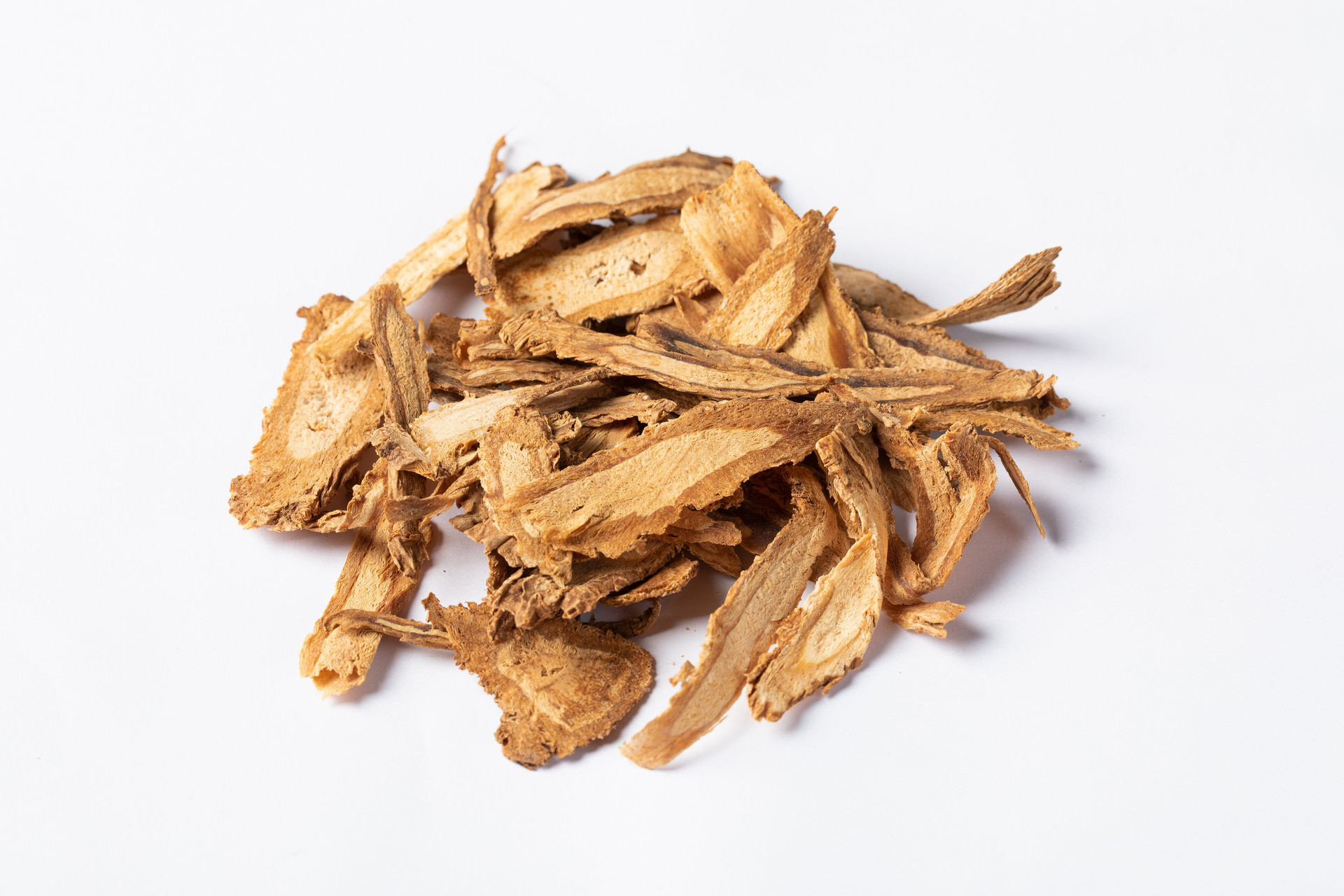Goji berries are a type of traditional Chinese medicine and a well-known "health product". It is also a popular ingredient that embodies the concept of "food as medicine". Many people believe that drinking goji berry water has great health benefits. Goji berries have become a staple for many middle-aged and elderly people. So, what are the benefits of drinking goji berry water? And what should we pay attention to when making goji berry water?
The Benefits of Drinking Goji Berry Water in Different Seasons
Drinking goji berry water can be done in various ways throughout the year!
In spring, you can drink goji berry water alone or with astragalus root.
In summer, you can add chrysanthemum, honeysuckle, malva nut, rock sugar, and goji berries to make a refreshing drink that can relieve eye fatigue.
In autumn, you can add pear, lily, tremella, hawthorn, and goji berries to make a lung-nourishing and moisturizing drink.
In winter, you can add longan, jujube, Chinese yam, and goji berries to make a blood-nourishing and beauty-enhancing drink.
Goji berries have excellent nourishing effects. In addition to nourishing the kidneys, liver, and improving eyesight, drinking goji berry water can also enhance the body's immune function.
Precautions for Drinking Goji Berry Water
1. When making goji berry water or soup, not all of the medicinal properties can be fully released. Due to factors such as water temperature and soaking time, only some of the medicinal ingredients in goji berries can be released into the water or soup. It is recommended to chew the goji berries after drinking the goji berry water.
2. Goji berries should not be consumed with green tea. The tannic acid in green tea has astringent and adsorptive effects, which can adsorb trace elements in goji berries and form substances that are difficult for the body to absorb. This can cause serious damage to the body in the long run. From a health perspective, it is better to drink green tea and goji berry water separately, for example, drinking a cup of green tea in the morning and goji berry water in the afternoon.
3. Goji berry water is not suitable for everyone. It has a strong warming effect on the body, so it is not recommended for people who have a cold, fever, inflammation, or diarrhea. It should also be used with caution by people with cold constitutions.
4. Fresh goji berries can be eaten directly, juiced, soaked in water, boiled in soup, or added to food and desserts without any problems. As long as you don't rely on them to treat illnesses and delay proper medical treatment, you can enjoy them in any way you like. Goji berries are not a magic cure-all.












